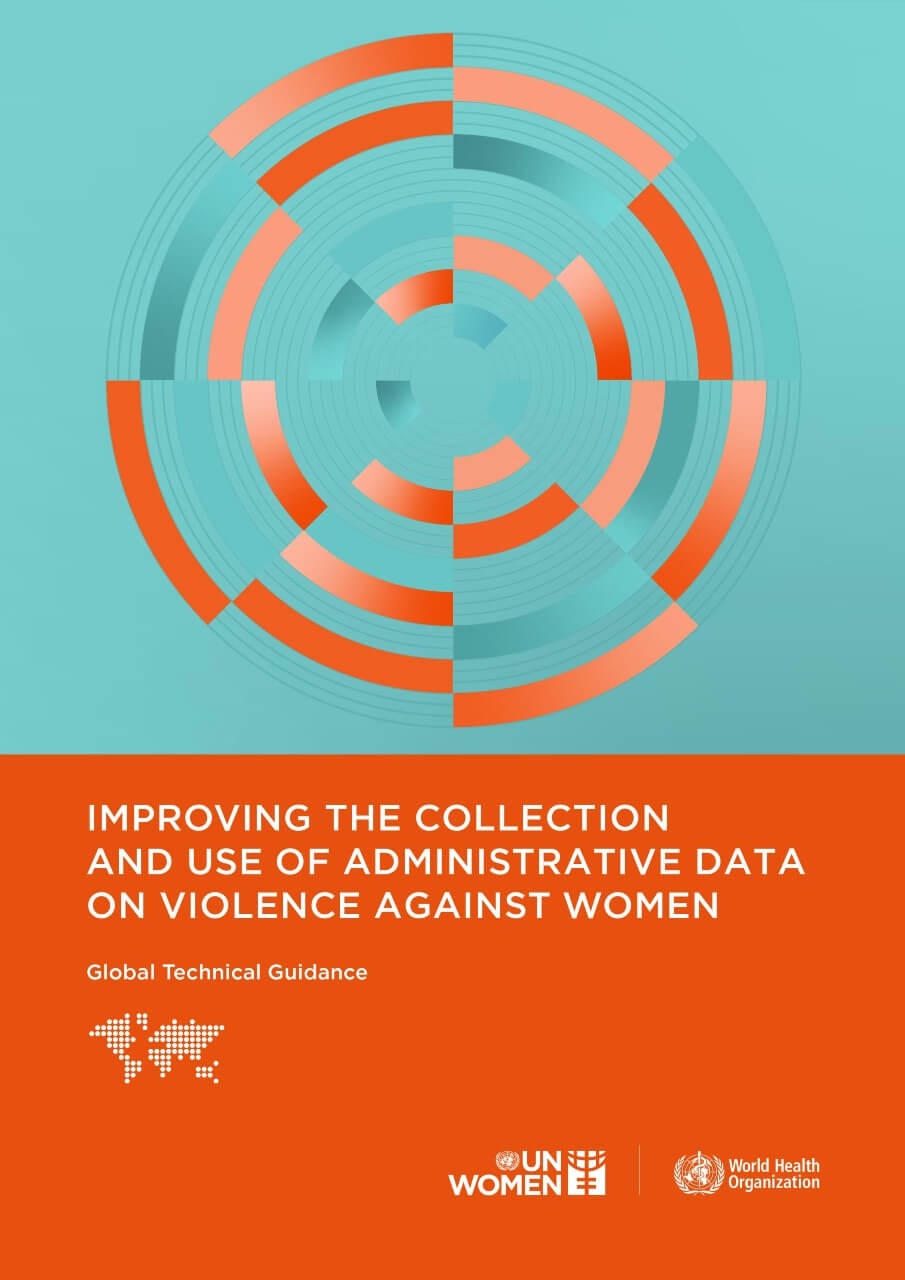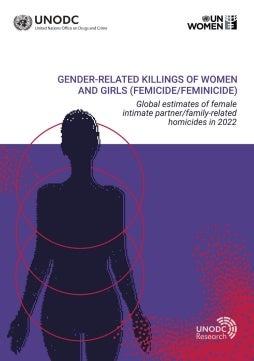Improving the collection and use of administrative data on violence against women
Administrative data on violence against women (VAW) is collected when survivors and perpetrators of violence interact with hotlines, police and courts, health systems, shelters, and other services. The collection and use of high-quality VAW administrative data is crucial to inform the policies and programmes developed by governments to prevent and respond to VAW.
The VAW administrative data can help us:
- Understand which survivors are seeking services because of violence;
- Estimate the need for such services and their costs;
- Understand the need for training among service providers; and
- Monitor service delivery and outcomes to improve quality and identify unmet needs.
VAW administrative data can also provide insights into who is not accessing services, helping to make sure no one is left behind as we work to end VAW and to provide timely information for decision-making and planning. For example, during the COVID-19 pandemic, VAW administrative data collected from hotlines, shelters, and police demonstrated increased demand for VAW services. This information helped global and local organizations advocate for measures to address VAW in governments’ COVID-19 response plans.
“Improving the collection and use of administrative data on violence against women” is relevant for diverse sectors and contexts. It identifies eight steps for improving the collection and use of VAW administrative data and was produced by the UN Women–World Health Organization joint programme on VAW data.










